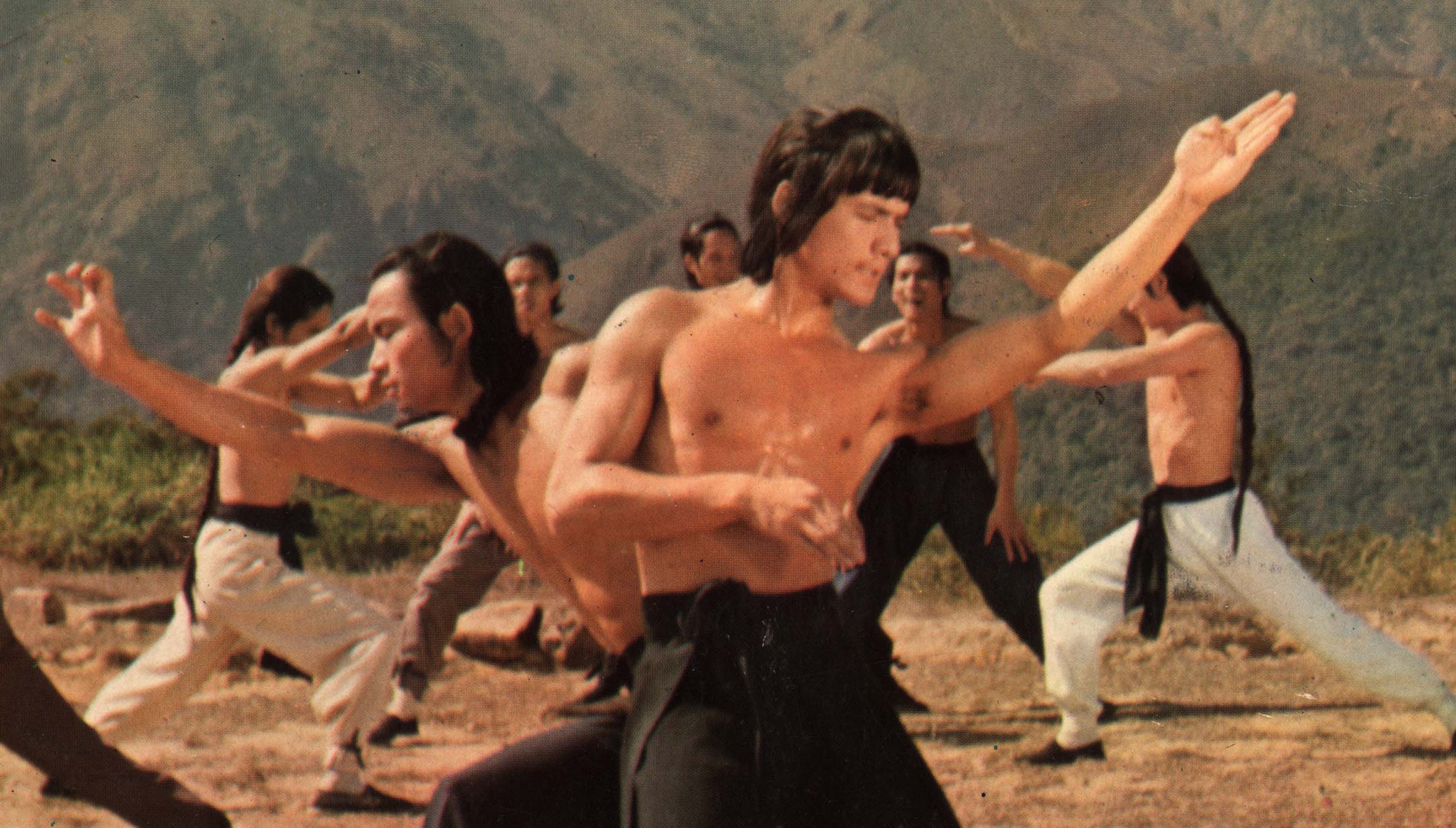
Fists of Fury
Shaolin Martial Arts
Scrs: Chang Cheh, Ni Kuang
Fighting Instructors: Tong Kai, Lau Kar-leung
Prod Co: Chang’s
Cast: Alexander Fu Sheng, Chik Kun-kwan, Irene Chen I Ling, Gordon Liu Chia-hui, Tang Yen-tsan, Lau Kar-wing
1974 | Colour | DCP | Mandarin | Chi & Eng Subtitles | 107min
With backing from Shaw Brothers, Chang Cheh founded Chang’s Film Co. in 1973, and he promptly embarked on creating a series of kung fu films focusing on Shaolin and other southern martial arts schools, one of which was Shaolin Martial Arts. The film is set in the Qing dynasty, where the imperial court views the Shaolin Temple as a threat and attempts to suppress it. When conflict arises between a Manchurian martial arts school and one established by Shaolin disciples, the former enlists two fighters with extraordinary skills who massacre almost every man in the latter school. Four protégés manage to escape, and they seek training from other masters to take revenge. The film’s fighting instructors are Lau Kar-leung and Tong Kai, Chang’s long-time collaborators. Although Chang was known for his signature, Peking-opera-inspired panchang dazhan fight scenes (where the hero fights to a violent death), Shaolin Martial Arts features action design not usually seen in the director’s work. Lau introduces authentic hung kuen to the choreography, the martial arts style Lau himself practised. The film also focuses heavily on the main characters’ formal apprenticeship and their arduous training, while also offering insightful analysis on different martial arts styles. The final showdown unfolds through rounds of combat—a narrative trope which would influence many future martial arts films.
© Licensed by Celestial Pictures Limited. All rights reserved.
| Date | Time | Venue |
|---|---|---|
| 21/4/2024 (Sun) # | 3:00pm | Cinema, Hong Kong Film Archive |
The contents of the programme do not represent the views of the presenter. The presenter reserves the right to change the programme should unavoidable circumstances make it necessary.

